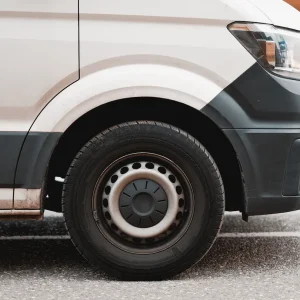The cost of filling up with diesel or petrol in the UK could be set to increase because of rising oil prices, according to the RAC.
The motoring organisation says the price of a barrel of oil is now at $64, which is the highest level seen since before the Covid-19 pandemic, and could be set to increase further to $80 later this year as restrictions are eased.
The RAC says the increase is currently being mitigated due to the strength of the pound against the dollar, but warns any weakening of the pound is likely to lead to higher pump prices.
It says even at today’s exchange rate, an $80-per-barrel oil price would mean petrol costs around 130p per litre, and diesel around 134p.
In addition, it warns the price of oil could then rise even further in 2022.
RAC spokesman Simon Williams said: “When the pandemic hit last year, the effect on forecourt prices was nothing if not dramatic – those still driving through March and April paid less to fill up than they had done since mid-2016, when the price of oil plummeted as a result of deliberate over production.
“But by the summer the oil price had rebounded and today is at a level not seen since the start of 2020, meaning storm clouds are once again gathering over UK forecourts.
“Ironically and rather unfortunately, as economic confidence grows as measures to combat the coronavirus take effect, it’s likely to mean drivers end up paying more to fill up in the coming weeks.”
Williams argued that with the Chancellor’s Budget now less than two weeks away, now would not be the time for a fuel duty increase.
He said: “The last thing drivers, and possibly the economy, need is a fuel duty increase – not least as petrol prices have now been rising for 13 consecutive weeks.
“A hike in duty at a time of rising fuel prices could put unprecedented pressure on lower-income households and might have the negative effect of forcing everyone who depends on their cars to consider cutting back on other spending.”





